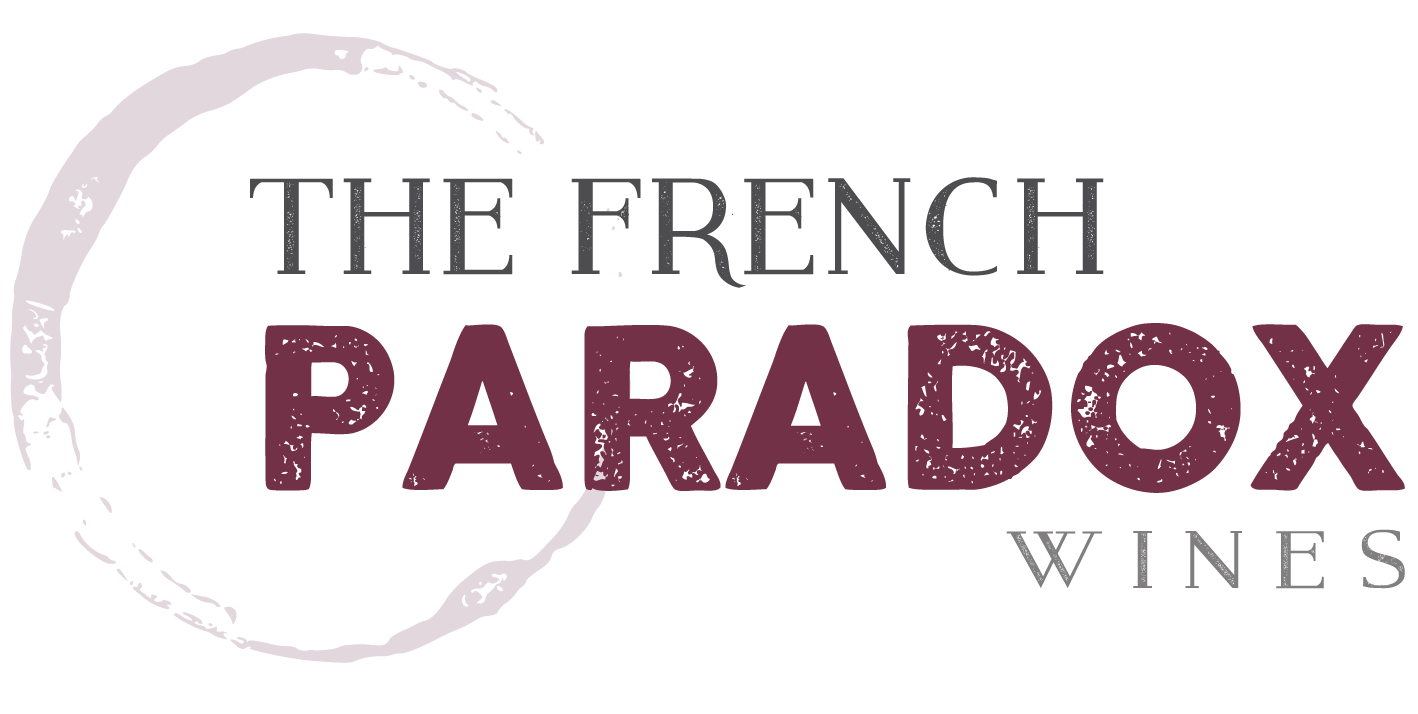 Earlier this week, I read an editorial by David Brooks in the New York Times titled, “How to Roll Back Fanaticism.” I don’t often find myself agreeing with Mr. Brooks’ opinions, but I read them regardless; I want to be open-minded and give myself an opportunity to be wrong. This piece struck a chord with me, as I agreed with his central tenets. Mr. Brooks writes, “the most powerful answer to fanaticism is modesty.” He continues, “Modesty means having the courage to rest in anxiety and not try to quickly escape it. Modesty means being tough enough to endure the pain of uncertainty and coming to appreciate that pain. Uncertainty and anxiety throw you off the smug island of certainty and force you into the free waters of creativity and learning.”
Earlier this week, I read an editorial by David Brooks in the New York Times titled, “How to Roll Back Fanaticism.” I don’t often find myself agreeing with Mr. Brooks’ opinions, but I read them regardless; I want to be open-minded and give myself an opportunity to be wrong. This piece struck a chord with me, as I agreed with his central tenets. Mr. Brooks writes, “the most powerful answer to fanaticism is modesty.” He continues, “Modesty means having the courage to rest in anxiety and not try to quickly escape it. Modesty means being tough enough to endure the pain of uncertainty and coming to appreciate that pain. Uncertainty and anxiety throw you off the smug island of certainty and force you into the free waters of creativity and learning.”
I found those sentences to be thought provoking, (but perhaps not in the manner that Mr. Brooks intended.) I believe that he was suggesting modesty as an alternative to pretense and surety. I agree with that sentiment. I also believe that he was at least implying that modesty was the path to ‘liberal’ thought, not politically liberal, but in a more literal sense, meaning ‘broad-based’ or ’wide-ranging’. I agree with that as well.
My thoughts, however, wandered to the word ‘modesty’ itself, and its root, ‘modest’. The word comes from the Latin ‘modestus’ (I looked it up) meaning ‘keeping due measure’. From there, I found myself turning the word ‘moderate’ over in my head. I think I prefer that word, although the meanings are quite similar (A modest man is moderate in his opinions). ‘Moderate’, to me, connotes reticence, self-deprecation, humility. All the things that I look for in a good wine.
The wine world for the past 30 years or so has been all about ‘immoderate’ wines. Positive wine descriptors now include ‘hedonistic’, ‘lush’ and ‘luxurious’. We are told to want wines that are ‘jammy’, ‘full throttle’ and ‘massively endowed’. Or ‘corpulent’. ‘Succulent’. ‘Unctuous’. Clearly, not ‘restrained’. Or ‘refined’. Definitely not ‘whispery’. Or ‘coy’.
That’s a problem for me. Because I want wines to be understated and elegant. Thoughtful and blushing. Less conspicuous. Shy, even. I want to sip my wine, savor my thoughts, taste it again with food, take a whiff of it. Taste it again. Roll it around in my mouth. Think about it some more. I want my wine to be moderate, so it doesn’t bury the food or the conversation. I love wines with restraint, with subtlety, wines that are diffident and bashful. Wines that charm and linger rather than overwhelm and engulf.
Is there a correlation between the lack of modesty (as described by Mr. Brooks) in the world and the lack of modesty (as described by me) in modern wines? Perhaps…as we get culturally less modest (louder, more outré), do we want/need immoderate foods, wines, clothes, mores? I presume that in a high-decibel world, we believe that we require even more volume to be heard.
But, isn’t it possible that if we still ourselves, moderate our emotions and tastes, we could hear the quieter voices and, in those subdued moments, learn more about others and ourselves? I think that’s what Mr. Brooks was saying.
Likewise, if we reach for that moderate wine, if we sip it more thoughtfully, if we consider how the wine works with the food, then perhaps, we can attain a different perspective, a perspective that becomes less reliant on the opinion of a critic or our next door neighbor and more dependent upon our own willingness to participate in the world around us. Ironically, then, moderation leads to more. Who knew?
